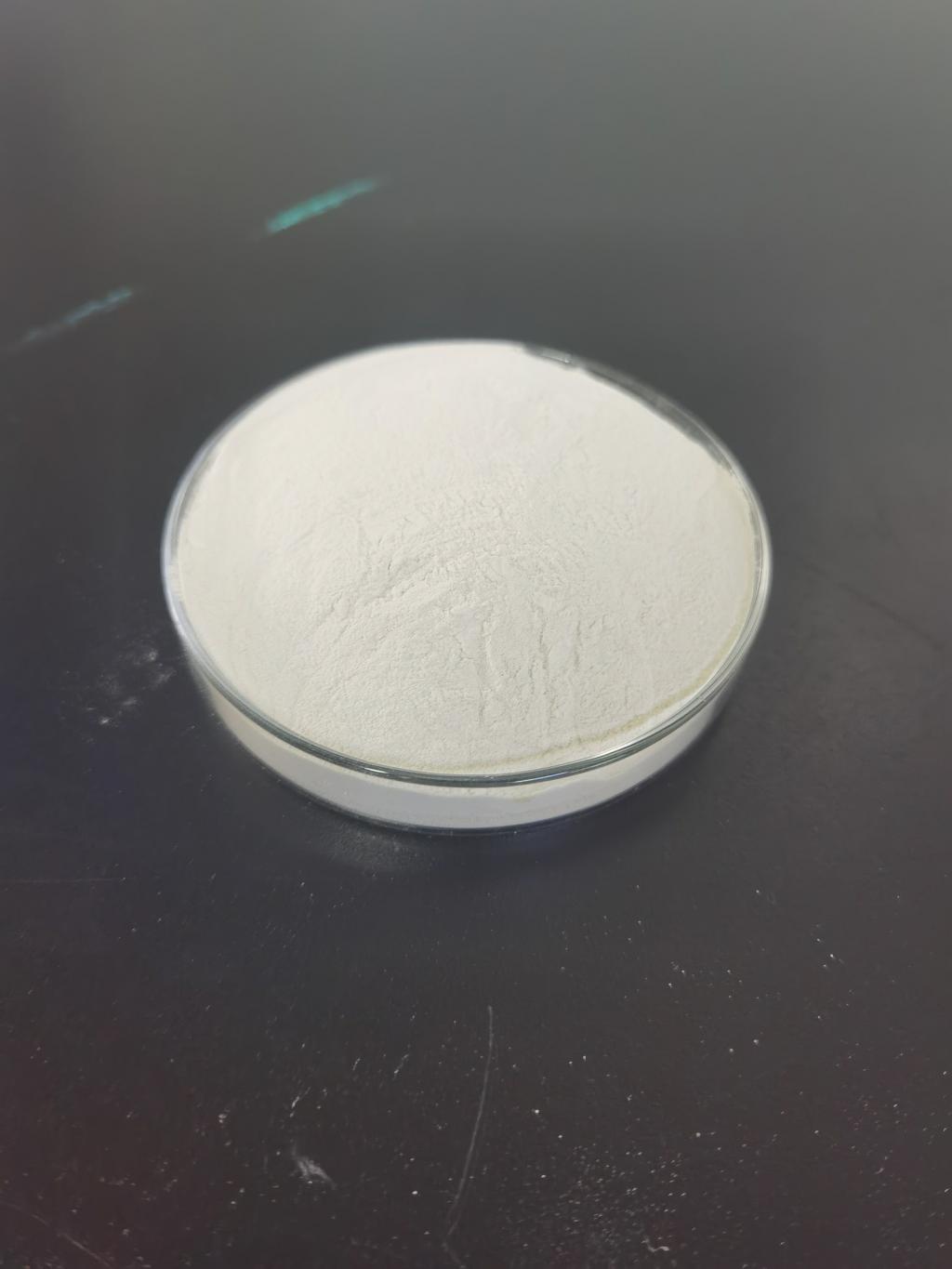Tel:+8618231198596

News
 CONTACT
CONTACT
 CONTACT
CONTACT
- Linkman:Linda Yao
- Tel: +8618231198596
- Email:linda.yao@dcpharma.cn
- Linkman:CHARLES.WANG
- Department:Overseas
- Tel: 0086 0311-85537378 0086 0311-85539701
News
The role of nisin in the development of functional dairy products.
TIME:2024-11-14
Antimicrobial Properties of Nisin
One of the primary applications of nisin in dairy products is its ability to act as a natural preservative. Nisin is effective against a wide range of pathogenic and spoilage microorganisms, including Gram-positive bacteria such as Listeria monocytogenes, Staphylococcus aureus, and Enterococcus faecalis. These bacteria are of particular concern in dairy production due to their ability to grow at low temperatures, making nisin an ideal agent for enhancing the shelf-life and safety of refrigerated dairy products.
By incorporating nisin into dairy products such as cheese, yogurt, and milk, manufacturers can extend their shelf-life while maintaining product quality. Nisin works by disrupting the bacterial cell wall synthesis, leading to the eventual death of harmful bacteria, without affecting the flavor or texture of the product. This makes it an attractive alternative to chemical preservatives, which may alter the sensory properties of dairy products.
Enhancing Functional Properties
Beyond its antimicrobial action, nisin is increasingly being studied for its potential functional benefits in dairy products. As functional foods continue to gain popularity, consumers are seeking dairy products that provide health benefits, such as improved digestion, enhanced immunity, and better gut health. Nisin, with its bioactive properties, is a promising ingredient in this trend.
One of the key functional benefits of nisin is its potential to support the immune system. Recent studies suggest that nisin may enhance immune function by promoting the production of certain cytokines, which are involved in the body’s defense mechanisms. As a result, incorporating nisin into functional dairy products could contribute to overall health, particularly for vulnerable populations, such as the elderly or those with compromised immune systems.
Additionally, nisin may have potential anti-inflammatory properties. Chronic inflammation is linked to a variety of health conditions, including cardiovascular diseases, diabetes, and certain cancers. The inclusion of nisin in functional dairy products could help reduce inflammation in the body, providing an added health benefit to consumers.
Nisin in the Context of Probiotics
The growing interest in probiotics—live microorganisms that confer health benefits when consumed in adequate amounts—has led to the development of probiotic dairy products. Nisin can play an important role in this sector by supporting the growth of beneficial bacteria in dairy products while inhibiting the growth of harmful pathogens. This dual action enhances the overall safety and efficacy of probiotic dairy products, ensuring that consumers receive the full health benefits of the probiotics without the risk of contamination.
Moreover, nisin’s compatibility with probiotic strains, such as Lactobacillus and Bifidobacterium, makes it an attractive option for use in fermented dairy products. It has been shown that nisin does not negatively impact the viability of these beneficial bacteria, allowing for the creation of safer, longer-lasting probiotic products.
Nisin in the Development of Dairy-Based Functional Foods
The versatility of nisin extends beyond traditional dairy products. In the development of dairy-based functional foods, nisin can be used in combination with other bioactive compounds to create innovative products with enhanced nutritional value. For example, nisin may be combined with bioactive peptides, vitamins, minerals, or antioxidants to develop functional dairy beverages, fortified cheeses, or yogurt with additional health benefits.
Incorporating nisin into dairy-based snacks, protein-rich products, or even dairy-based plant-based alternatives could help create a new generation of functional foods that cater to the needs of health-conscious consumers. Nisin’s natural origin and safety profile make it an appealing option for manufacturers looking to meet the growing consumer demand for clean-label, functional food products.
Regulatory Considerations and Consumer Perception
While the use of nisin in food products is widely accepted and approved by regulatory authorities, including the U.S. Food and Drug Administration (FDA) and the European Food Safety Authority (EFSA), its inclusion in functional dairy products must adhere to specific guidelines. Nisin’s use as a preservative is well-documented, but as a functional ingredient, its health claims require careful substantiation through scientific research.
Consumer acceptance of functional dairy products containing nisin also depends on education about the safety and benefits of nisin. As consumers increasingly seek out natural ingredients, the antimicrobial and health-promoting properties of nisin may resonate with their preferences for clean-label, minimally processed products.
Conclusion
Nisin’s application in the development of functional dairy products represents a growing trend in the food industry, combining its well-established antimicrobial properties with potential health benefits. By enhancing product safety, extending shelf-life, and contributing to the development of health-promoting dairy options, nisin plays an essential role in meeting consumer demand for functional foods. As research continues to uncover additional health benefits, the potential applications of nisin in dairy products will likely expand, further solidifying its position as a valuable tool in functional food development.
- Tel:+8618231198596
- Whatsapp:18231198596
- Chat With Skype







